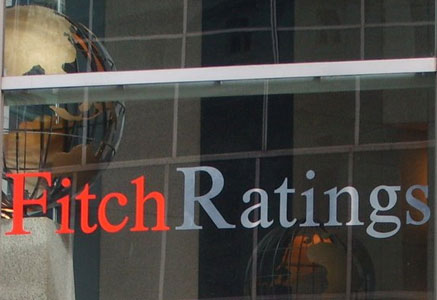Tunisie Numérique / Mohamed Ben Abderrazek
The Negative Outlook reflects a worsening of fiscal liquidity risks from a sharp deterioration in public finances and the broad macroeconomic environment caused by the coronavirus pandemic shock, the ratings agency said in a statement Monday. It added that it projected the central government (CG) deficit to widen to 10.5% of GDP in 2020 from 3.3% in 2019.
“This reflects a rise in payroll expenditure due to salary increases granted under a 2019 agreement with unions as well higher spending to combat the pandemic, alongside a hit to budget receipts from an unprecedented economic downturn.”
The widening of the CG deficit also reflects increased spending to clear government arrears to private suppliers and state-owned enterprises (SOEs), which amount to TND 8 billion.
The ratings agency stressed that securing an agreement on a successor IMF arrangement to the programme that expired earlier this year remains key to support Tunisia’s external financing flexibility.
“Further delays in reaching an agreement with the Fund could undermine the government’s 2021 funding plan, which relies on a record 8% of GDP in net external borrowing, of which USD3.5 billion (8% of GDP) is in Eurobond issuances,” it added.
It recalled that the “Central Bank remains committed to preserving price and financial stability and has conditioned its support to the government on explicit parliamentary approval and adequate safeguard mechanisms.”
Ftich Ratings projects economic growth will recover to 4% in 2021, supported by Tunisia’s diversified economy, strong agricultural production and rich tourism resources, and a normalization of mining activity. As for inflation, it projected it would average 5.6% in 2020-2021.
To improve rating, Fitch recommends increased confidence in a gradual easing in fiscal funding conditions from smaller financing requirements, prospects of a stabilisation of net external debt as well as stronger growth recovery prospects.
However, an aggravation of external liquidity pressures, a weakening of the policy framework resulting from repeated sizeable monetary financing of the fiscal deficit likely to undermine macroeconomic stability could lead to negative rating action/downgrade.
What's happening in Tunisia?
Subscribe to our Youtube channel for updates.















































